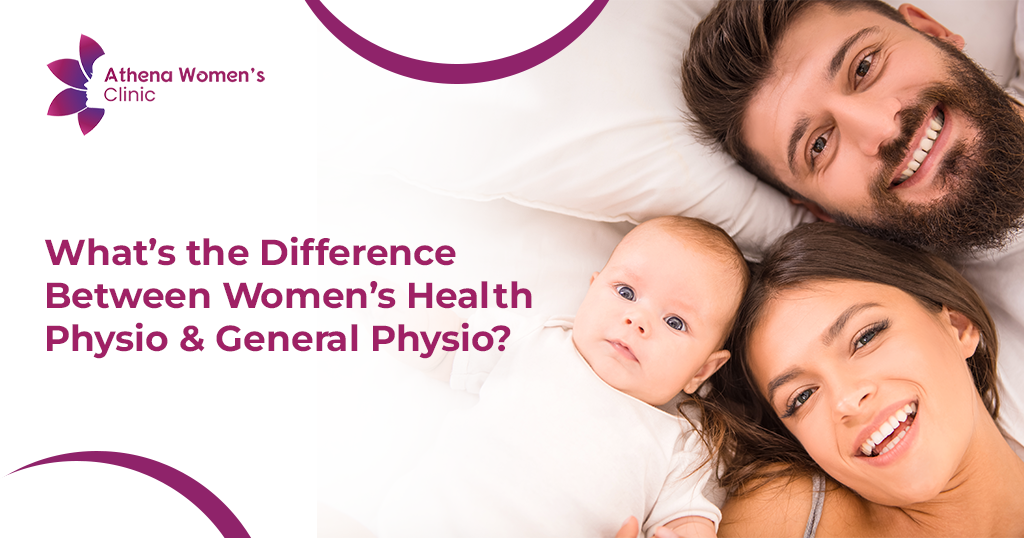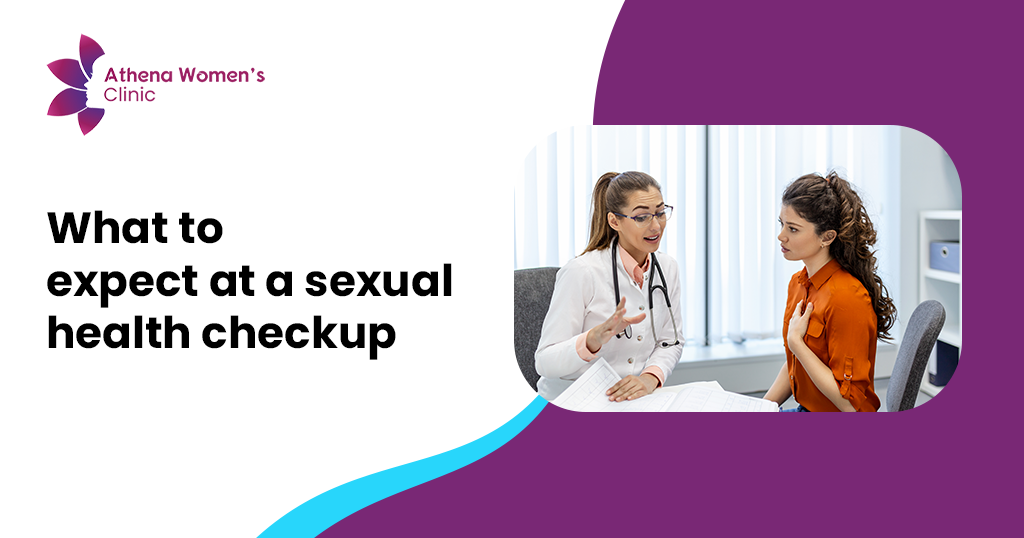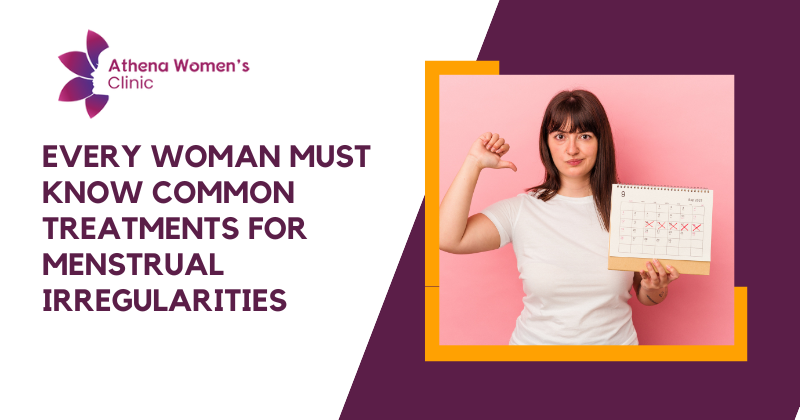When you hear the term ‘Women’s health physio’, the first thing that comes to mind is how it differs from General Physio. Well! 99% of us don’t know about this because of a lack of awareness. Today in this blog, we are going to discuss the difference.
What is Womens health physio?
Female health physio focuses mainly on women’s health like vaginal pain, postpartum musculoskeletal pain, incontinence, prenatal, osteoporosis, breast surgery, wellness, exercise etc. Women’s physio can suggest some exercise to women to relieve various symptoms that cause women’s concerns. For instance, bone density gradually decreases in women till menopause. So your physiotherapist can suggest exercises to strengthen the bones and improve bone health.
Also, strengthening the pelvic floor during and after pregnancy is important for women. During pregnancy, a woman’s body faces a lot of pressure on the pelvic floor; hence they need to strengthen this area as much as possible. Such exercises will help during childbirth and prevent women from prolapse, incontinence and other pelvic floor-related concerns.
Common issues which women’s health physio deals with:
- Pain related to pregnancy
- Mindfulness and relaxation exercises during childbirth.
- Abdominal separation because of pregnancy
- Giving strength to the pelvic floor during and after pregnancy
- Scar management in the case of caesarean
- Improving bone density during menopause.
- Urinary or faecal incontinence
- Mastitis or blocked milk ducts.
Who is the general physio?
A general physician treats men and women for muscular pain in any area and sports-related injury. So, if you have pain in your ankle or shoulder, then irrespective of your gender, you must consult a general physio. Some physiotherapist does their specialization in foot, spine and sporting injuries.
Common issues which general physiotherapist treats
A general physio works on both prevention and rehabilitation. He treats problems related to injury, disability and disease. Below are some examples:
- The neck and back pain causes problems in the skeleton and muscles.
- Pain in joints, bones, muscles, and ligaments like arthritis and post effects of amputation.
- The problem in the lungs is due to asthma.
- Issues due to heart problems.
- Pelvic issues like bowel problems related to childbirth.
- Mobility loss because of brain trauma or diseases like Parkinson’s.
What can you expect from a women’s physio?
While getting treated by a womens physio, you can expect to get solutions for women-related problems like pregnancy, menopause and more. At your first visit to your women’s physio, she will ask about your symptoms and experiences. You can expect a pelvic examination if you visit a physio for pelvic issues.
You might hesitate the first time while undergoing your pelvic exam. You can let the physio know what you are feeling, and they will try to make you feel comfortable during the examination.
Usually, a women’s physio appointment may take an hour, but it depends on the treatment you need. You should wear comfortable clothes during your appointment so the doctor can examine you properly. Often you may need to do low-impact exercises during each session.
Your women’s physio is supposed to keep your personal information confidential. It implies whatever you discuss with your physio; it should remain between your therapists.
What can you expect from a general physio?
Your session with the general physio will be unique as it will revolve around your particular needs. Below is what you can expect:
- Your physio will ask you about your medical history.
- He will diagnose your condition
- You will receive a treatment plan, which you need to set up as a goal.
- You will be recommended a course of exercise and any assistive device if needed.
Why visit physio during pregnancy?
You can visit a women’s health clinic to consult a physio at any point during pregnancy. It will help you to know how to exercise and how you can prepare your body for childbirth. It’s never too late to visit a women’s physiotherapist once pregnant. It is highly recommended to visit physio during pregnancy, especially when you feel discomfort in the pelvic girdle, ribs, lower back or hips. You can also visit physio if you notice any unfamiliar pain in the body. Your physio will help you to work with such problems.
Conclusion
Although women’s and general physio work is nearly the same, i.e., recommending some exercises to their patients to address their concerns, women’s health physio is more concerned about women-related problems and their solutions. Hence, if you are facing more specific issues, it’s better to consult a women’s physio so that they can check you internally and recommend exercise accordingly.
You can also consult women’s postnatal physio if you face any difficult after pregnancy.





